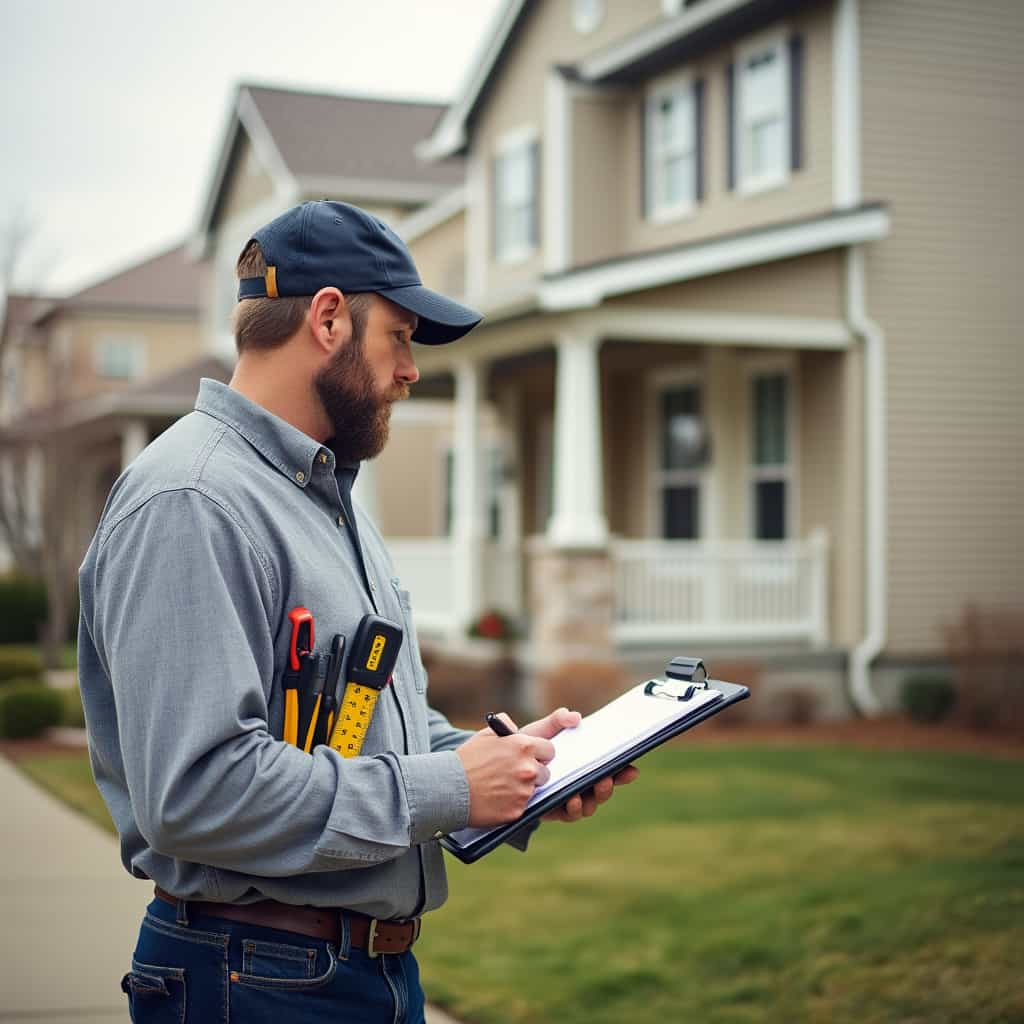In the complex world of real estate, determining the value of an independent home is an essential yet challenging task for homeowners, buyers, and sellers. Accurate home appraisals are crucial for securing loans, listing homes for sale, or simply understanding one’s net worth. Multiple approaches to home valuation offer varying degrees of accuracy and insight, each with its own set of advantages and potential pitfalls.
A common method for home appraisal is the ‘Comparative Market Analysis’ (CMA). This approach involves comparing the property with similar homes that have recently sold in the area. While this method can provide a rough estimate of value, its accuracy is highly dependent on the availability of recent and comparable data. An expert realtor can perform a CMA, typically at no cost to the homeowner, offering an economical option that leverages local market trends.
On the other hand, a professional ‘Certified Appraisal’ is conducted by a licensed appraiser who evaluates several factors, including the home’s size, location, and condition, alongside market trends, to provide a comprehensive valuation. This type of appraisal tends to be more expensive, with costs ranging from $300 to $600 depending on the property’s location and complexity. Despite the cost, many consider it the gold standard for accuracy because it combines objective data with expert judgment.
For those interested in technology-driven solutions, Automated Valuation Models (AVMs) offer a modern approach to home appraisal. AVMs use mathematical modeling to predict a home’s value based on available data from public records and previous sales. These models provide quick valuations, often for a fraction of the cost of a certified appraisal. However, the inherent lack of human insight means AVMs might overlook specific property characteristics that can significantly impact value.
Historically, significant property overestimations or underestimations have led to financial misjudgments. One intricate aspect of home appraisals is the influence of subjective elements like aesthetic appeal or historical significance. For instance, famous homes, like Frank Lloyd Wright’s Fallingwater, possess intrinsic architectural value that might not be reflected in standard appraisals.
Expert opinions emphasize the importance of multiple appraisal methods. Sarah Richardson, a seasoned real estate analyst, points out, “Relying solely on one appraisal method can be risky as each approach has its limitations. A combination of CMA, professional appraisal, and perhaps an AVM can provide a more holistic view of a property’s value.”
Another essential consideration in home appraisals is the regional market dynamics. In rapidly appreciating areas, previous sales may not adequately reflect current market conditions, potentially skewing appraisals. Conversely, in declining markets, the value might be inflated based on outdated comparables.
Property condition also plays a critical role. Renovations and upgrades can significantly increase home value, but not all improvements yield a high return on investment. For example, kitchen and bathroom remodels typically offer the best ROI. However, overly personalized renovations may not appeal to potential buyers and could detract from the property’s overall value.
Some homeowners fall into the trap of attempting DIY appraisals using online tools. While convenient, these tools can provide a misleading sense of accuracy as they often fail to account for nuanced aspects of the property or local market vagaries. Stories abound of sellers who price their homes incorrectly, leading to prolonged time on the market or, worse, financial loss.
In conclusion, the evaluation of an independent home requires careful consideration of various appraisal methods. Weighing the costs and benefits of each approach while acknowledging their respective limitations, homeowners can achieve a more accurate understanding of their property’s worth. As the real estate market continues to evolve, staying informed about these methods remains pivotal for anyone looking to navigate the real estate landscape effectively.
You may also like
Gates and Fences for your Home
This article delves into the realm of garden structures for homes, focusing specifically on gates and fences. We explore various options available in the market, discussing their benefits, potential challenges, and costs. A detailed comparison of different proposals is provided to guide homeowners in selecting the most cost-effective and appealing options.
Garden Structures: Various options for acquiring a garden shed
Garden structures, particularly sheds, provide functional and aesthetic benefits to homeowners. They come in diverse styles, materials, and prices. This article explores various options for acquiring a garden shed, examining their costs, practicality, and advantages, while also contrasting the most affordable options and highlighting what to consider for the best market deals.
Windows and Doors for the Home: Security and energy efficiency
Windows and doors play a critical role in defining a home’s aesthetic, security, and energy efficiency. This article delves into the myriad options available for homeowners, compares costs and benefits, and offers guidance on making informed purchasing decisions.
Doors and Windows: Guide to Choosing the Best Options for Your Home
Selecting the right doors and windows for your home encompasses a range of factors such as material, design, durability, and cost. This article explores the various options available, delves into common myths, provides expert opinions, and compares different proposals to help homeowners make informed decisions.
